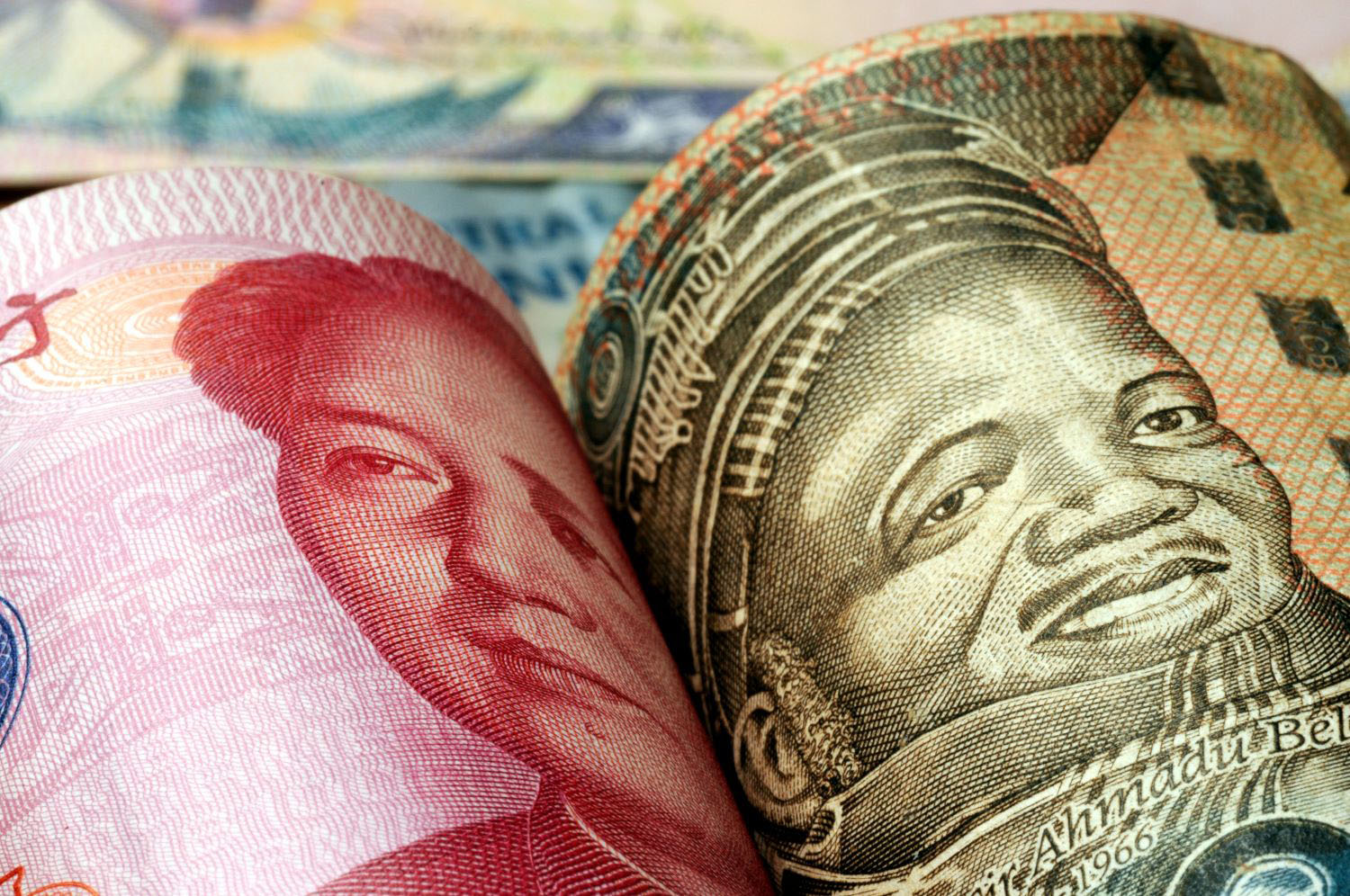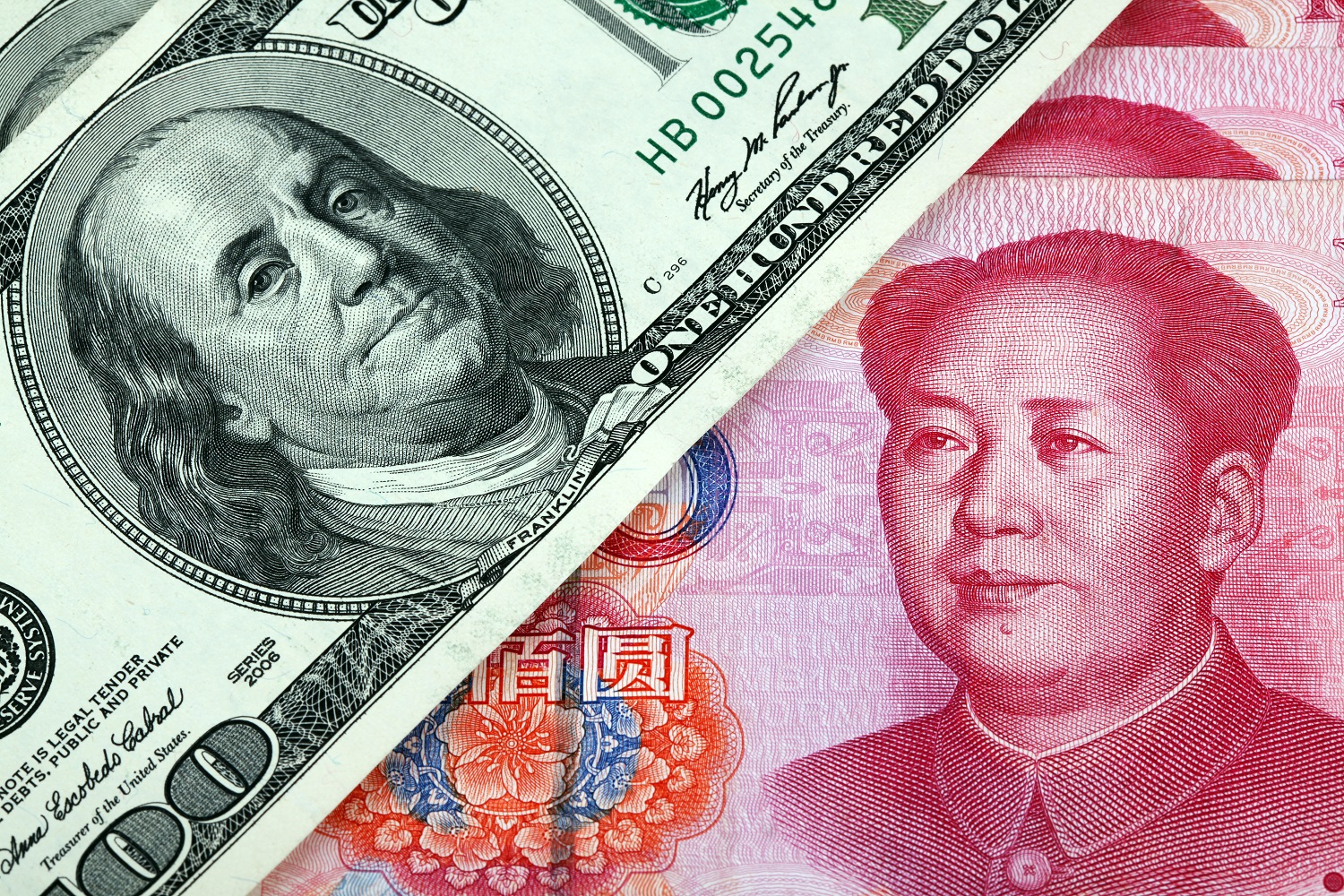Mubarak has resigned. Next steps in Egypt are uncertain, but it’s certain that authoritarian rulers around the world are watching these events with great trepidation.What’s the lesson that China and the 102 of 160 developing countries around the world that are “partly free” or “unfree” (see
Freedom House) are taking from Egypt and Tunisia? And is there a lesson for Western donors?Dani Rodrik argues
here that the lesson for China and other non-democratic states is that economic progress is not sufficient for political stability. He notes that both Arab countries do well on measures of social and economic development such as the Human Development Index (which combines indicators of health, schooling, and GDP growth into a single index), reflecting the fact that both have made substantial gains in the last several decades, particularly in schooling opportunities and life expectancy. In the end, though, they are likely to observe, those gains weren’t enough to keep Tunisians and Egyptians off the streets.It would be nice if China, for example, concluded that delivering fast economic growth is not sufficient and it should move more quickly on opening the political process.But the leading “economic” indicator of political instability in countries like Egypt and Tunisia seems to be not growth per se or human development but youth unemployment and underemployment, and the associated frustration people have about having meaningful futures as productive members of their societies. A second indicator is the widespread and well-founded suspicion that a business and political elite are acquiring undeserved wealth through insider privileges and corruption. The lesson for China is likely to be to keep the job machine going (including through an undervalued currency), continue to increase economic options and freedoms (it’s ok to open a business and get very rich), and take steps at the central government level to minimize local officials’ corruption. It is not likely to be to introduce multiparty democracy or other political reforms.For Africa, I fear that the lesson from success in China and trouble in Arab states for leaders who have stayed too long is not necessarily to open up their politics but to reinforce the view that multiparty politics is risky business (especially where there are intense ethnic rivalries), and that political competition and democracy are messy when you are trying to manage economic growth. China doesn’t have to cope with the confusion and constraints to market reforms that plague India.The more obvious and immediate lessonfor African heads of state should be the one that Nicolas van de Walle
emphasizes: don’t stay beyond 12 years or you will become caught in a thickening web of corruption and abuse of executive power – and in the extreme, as with President Mugabe in Zimbabwe, your choices will be repression or personally costly exile.For donors – whether to Egypt or to other less-than-perfectly-free developing countries -- the associated lesson should also be clear: when leaders stay too long, every additional year of aid provided risks making donors complicit in any abuses of the incumbent regime. When aid, whether for roads or schooling or health, is motivated primarily by a foreign policy concern with security and stability, no matter how legitimate (and not by a moral conviction – see
Owen Barder on this distinction), it may at some point actually become counterproductive even for stability.Or maybe not. Has the United States, with its aid to education, health, and democracy programs in Egypt, helped at the margin to provide the foundation for the moderation the protesters have shown and the chances for a successful transition? Or
should the United States have exited Egypt sooner, when President Mubarak was resisting the political reforms the United States was pushing?. This is one issue where time will not necessarily tell.





